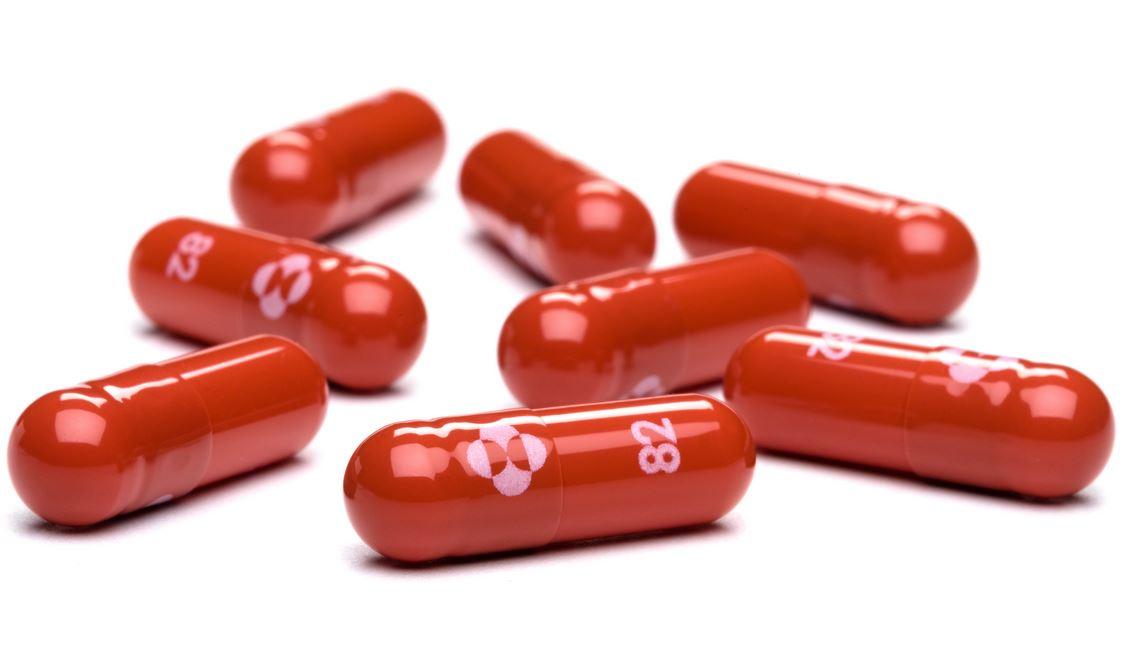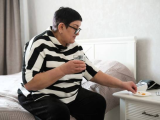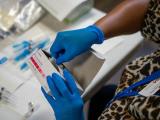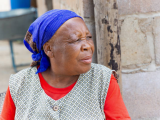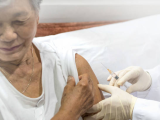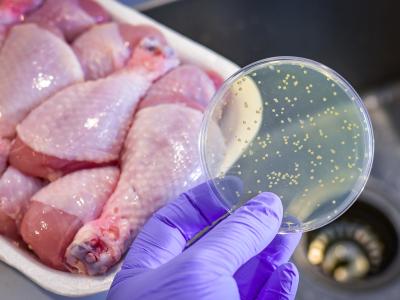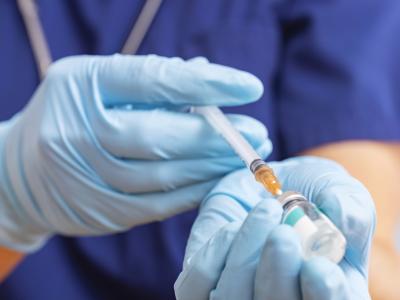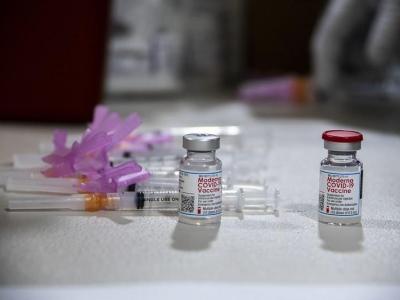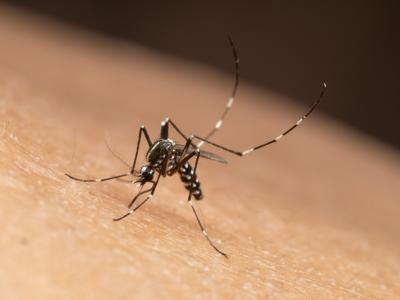Following an initial licensing deal in October between the United Nations–based Medicines Patent Pool (MPP) and Merck to allow pharmaceutical companies in other countries to make molnupiravir, an oral antiviral for treating COVID-19, the MPP today announced agreements with 27 generic makers.
In other global developments, Denmark and Norway are among the countries reporting quickly rising levels of an Omicron subvariant, but it's not yet known if it will have an impact on the clinical picture or tools to fight the virus.
Generic makers hail from 11 countries
In a statement, the MPP said the agreements with drug firms pave the way for 105 low- and middle-income countries (LMICs) to access to the drug. Clinical studies suggest the drug can cut the risk of hospitalization and death from COVID-19 by 30%.
In December, the US Food and Drug Administration (FDA) authorized the drug for emergency use. Merck has said it expects the drug is effective against the Omicron variant.
The MPP said the agreements with the companies cover production of raw ingredients and/or the finished drug. The generic makers are from 11 countries: Bangladesh, China, Egypt, Jordan, India, Indonesia, Kenya, Pakistan, South Africa, South Korea, and Vietnam.
Charles Gore, MPP's executive director, said the group is encouraged by the large numbers of new and existing partners that moved quickly to receive sublicenses. "This is a critical step toward ensuring global access to an urgently needed COVID-19 treatment, and we are confident that, as manufacturers are working closely with regulatory authorities, the anticipated treatments will be rapidly available in LMICs."
The drug developers, which include Merck, Ridgeback Biotherapeutics, and Emory University, have agreed to forego sales royalties as long as COVID-19 is considered a public health emergency of international concern under the International Health Regulations.
Health groups have praised the agreement as a welcome step, but after the initial agreement was announced, Doctors Without Borders said it didn't go far enough, partly because it didn't include key upper-income countries that have been hit hard by the virus, including China and Brazil.
Earlier this week, Merck and Ridgeback announced an agreement with UNICEF to supply up to 3 million molnupiravir courses for distribution in the first half of the year to more than 100 LMICs based on regulatory approval.
Nations track rise of Omicron subvariant
Health officials in Denmark and Norway, in their genetic monitoring of Omicron viruses, report that a subvariant called BA.2 is increasing rapidly and may become dominant over the main type of Omicron, according to government reports translated and posted by Avian Flu Diary, an infectious disease news blog.
Danish officials said BA.2 now makes up nearly half of sequenced samples, and Norwegian officials said the properties of BA.2 aren't yet known, other than that it is more contagious than the parent virus.
The World Health Organization (WHO) said in its most recent weekly COVID-19 epidemiologic update that BA.2 is one of a number of lineages that it is monitoring under the umbrella of Omicron.
Commenting on BA.2 developments on Twitter yesterday, Tom Peacock, PhD, a virologist at Imperial College London, said the variant appears to be the major Omicron lineage in parts of India and the Philippines and is growing compared to BA.1 in a few European countries. He added that consistent growth across multiple countries may mean that is more transmissible than BA.1.
So far, there is little information on differences in severity and impact on antigenicity, Peacock said, adding that close monitoring is needed.
More global headlines
- Romania today reported a new daily record for COVID-19 cases, though hospitalizations are tracking lower than previous waves. The country has Europe's second-lowest vaccine uptake.
- In China, Beijing has reported a small uptick in local COVID-19 cases ahead of the Winter Olympic Games. Three cases involving symptomatic people were reported yesterday, including some in workers at a cold-storage company. City officials are urging people to avoid gatherings and for the cold-storage company to investigate the cases.
- In an ongoing multicountry analysis of COVID-19 vaccine effectiveness, the European Centre for Disease Prevention and Control said mRNA vaccines showed high effectiveness against COVID-19 in the first 6 months after vaccine rollout in adults 50 and older—about 90% against hospitalization and severe disease after two doses, with an even higher effectiveness in those ages 50 to 64 years old.
- The global total today rose to 339,690,871 cases, along with 5,570,909 deaths, according to the Johns Hopkins online dashboard.
